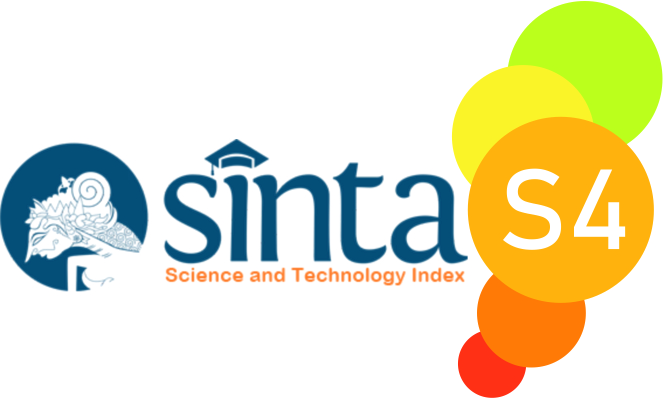Evaluation Procedures as Catalyst For Implementation of Islamic Studies Curriculum in Schools of Arabic and Islamic Studies in North-West Nigeria
Abstract
This study was on compliance with evaluation procedures as catalyst for implementation of Islamic studies curriculum in schools of Arabic and Islamic studies in North-West Nigeria. It was guided by one research objective, one research question and one null hypothesis. The study adopted descriptive research design with population that comprised 1,394 Islamic studies teachers and 10,037 students. 306 Islamic studies teachers and 378 students were selected as samples of the study based on the Research Advisors (2006) table for determining sample size. Purposive sampling technique was used in selecting the sample States for the study which comprised Katsina, Kano, Kaduna and Jigawa States. The States were clustered according to zonal education offices, schools and respondents, where simple random sampling technique was used in selecting the schools and respondents from the clustered zones. The instruments used for the study was Teachers’ Questionnaire for Evaluation of Islamic Studies Curriculum Implementation (TQEISCI). The data collected was analyzed using descriptive statistics in answering the research question and t-test for independent samples in testing the null hypothesis at 0.05 level of significance. The findings revealed that there is no significant difference in the teachers’ assessment on the level of compliance with evaluation procedures leading to certification in the schools of Arabic and Islamic studies in North-West, Nigeria based on school location. That is to say, there is high level of compliance with evaluation procedures leading to certification of the Schools of Arabic and Islamic studies based on the school location in North-West Nigeria by the Islamic studies teachers. It was recommended that Teachers should be encouraged to maintained compliance with evaluation procedures in the process of teaching and learning Islamic studies.
Keywords
Full Text:
PDFReferences
Bediako, S. (2019). Models and concepts of curriculum implementation: Some definitions and influence of implementation. https://www.researchgate.net/publication/333338710
Dada, A.A. (2019). Curriculum theories and practice. PhD Course Guidelines, Department of Educational Foundations and Curriculum, Ahmadu Bello University, Zaria. Nigeria.
Fafunwa, A. B. (2004). History of Education in Nigeria. Ibadan, Nigeria: Defemson print & pak limited.
Mainasara, A. (2015). Interview conducted with the principal of SUNCAIS on the Issue of
Integration of Islamiyya/Qur’anic schools on 9/2/2015.
National Board for Arabic and Islamic Studies /Nigerian Educational Research and Development Council. (2011). Senior Arabic and Islamic secondary school curriculum.
Nigerian Educational Research and Development Council. (2012). Teachers’ guide for the revised 9-Year Basic Education Curriculum (BEC) – Religion and National Values Islamic studies. Lagos, Nigeria. NERDC Printing Press.
Nyagah G. (2010). Curriculum Studies. http://en.wikipedia.org/wiki/Creative_Commons
Offorma, G.C. (2010). Curriculum implementation in distance learning. https://www.researchgate.net/profile/Grace_Offorma/publication/280722733
Research Advisors. (2006). Required sample size. https://www.research-advisors
Salami, Y.A. (2020). Evaluation of junior secondary school Islamic studies curriculum in the South – West, Nigeria (2007-2012). A thesis in the international center for educational evaluation submitted to the Institute of Education in partial fulfillment of the requirements for the Degree of Doctor of Philosophy of the University of Ibadan. http://repository.pgcollegeui.com:8080/xmlui/
DOI: http://dx.doi.org/10.17977/um043v6i1p17-29
Refbacks
- There are currently no refbacks.

This work is licensed under a Creative Commons Attribution-NonCommercial-ShareAlike 4.0 International License.










1.png)


